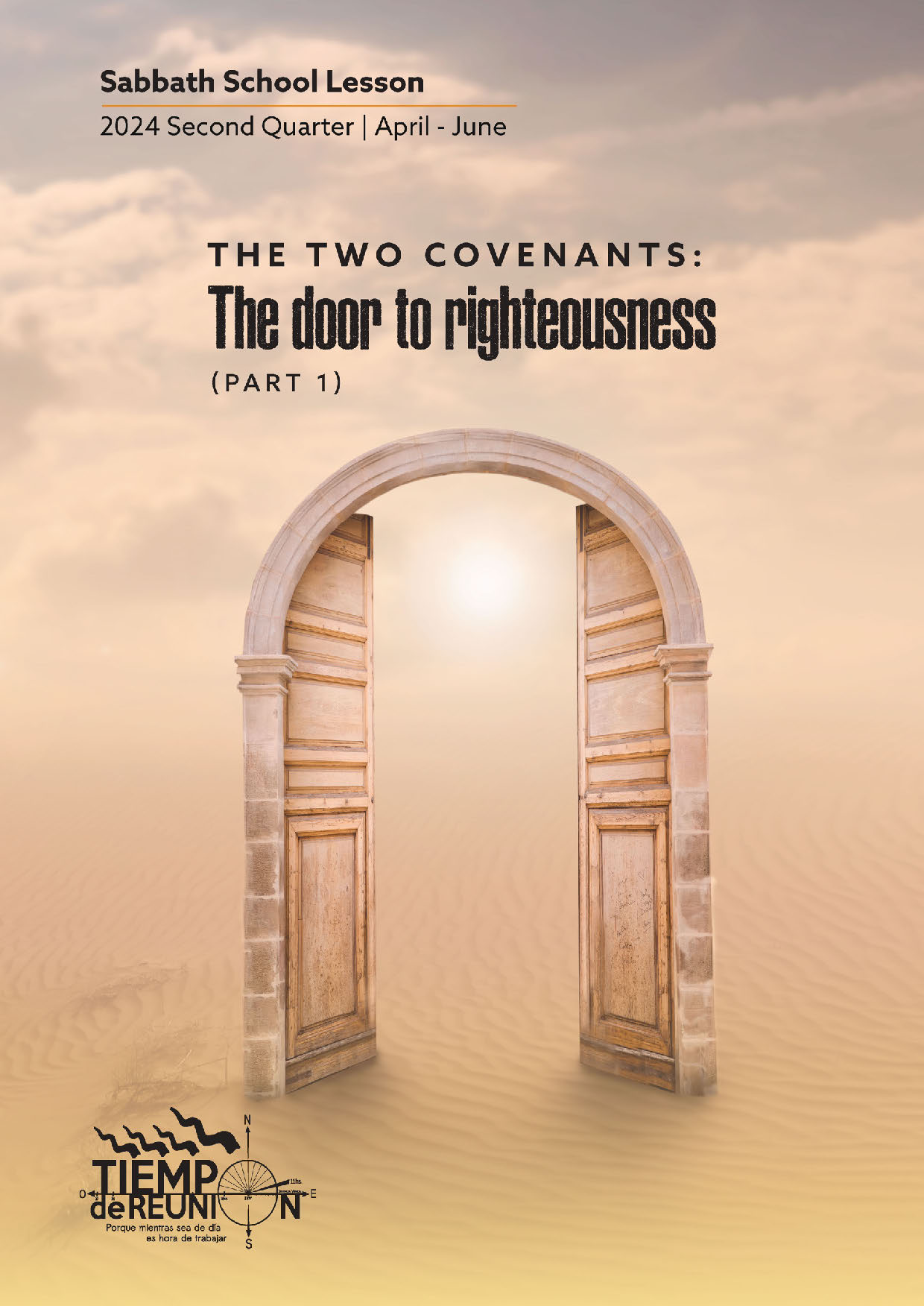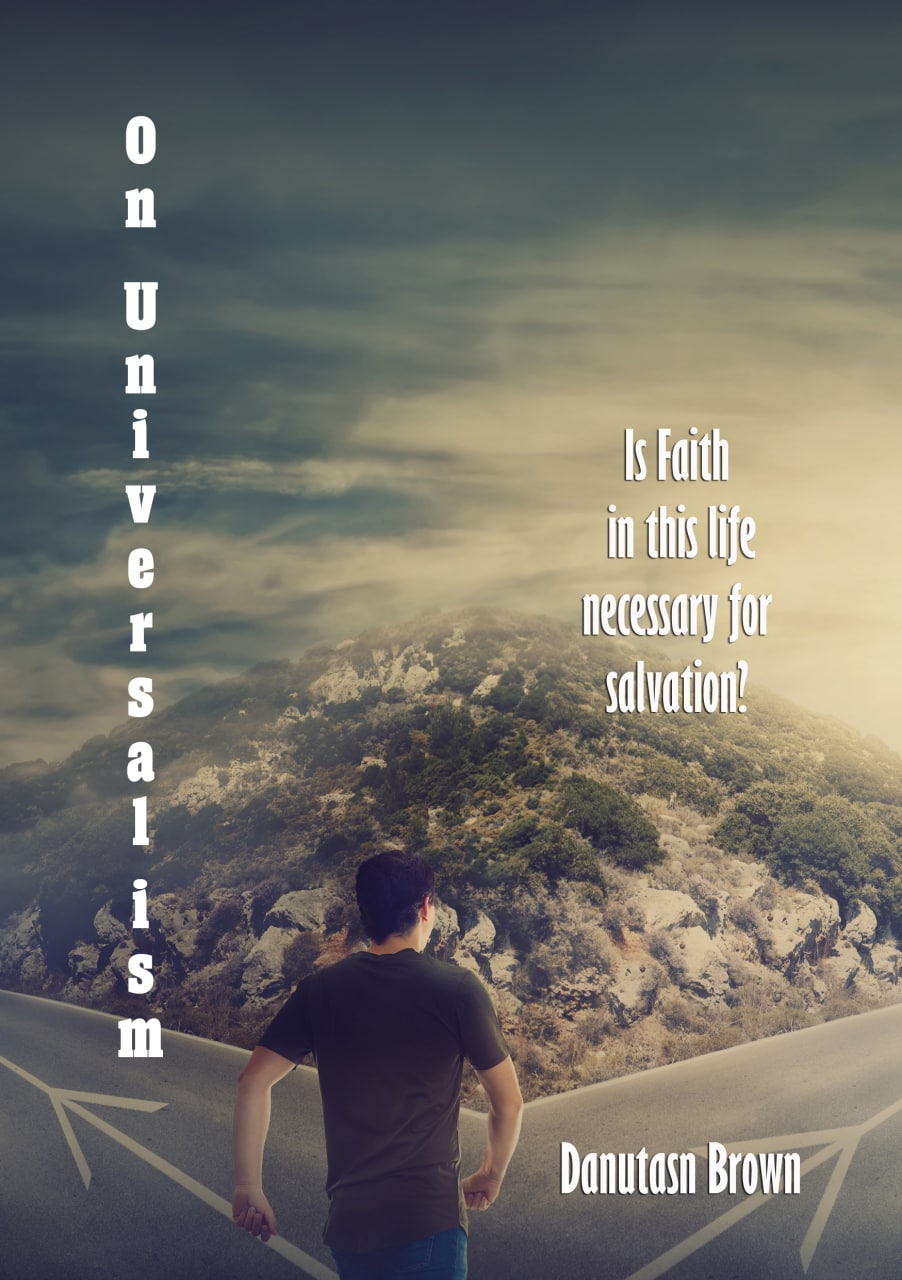Blessings and Cursings - Lessons from David and Michal
The Sacred Event:
David is bringing the ark of God into the city of Jerusalem "with gladness" and reverent joy and praise to God.
2 Samuel 6:14 & 15: And David danced before the LORD with all his might; and David was girded with a linen ephod. So David and all the house of Israel brought up the ark of the LORD with shouting, and with the sound of the trumpet.
...the music of harp and cornet, trumpet and cymbal, floated heavenward, blended with the melody of many voices. “And David danced before the Lord,” in his gladness keeping time to the measure of the song. {PP 707.1}
David’s dancing in reverent joy before God.... The music and dancing in joyful praise to God at the removal of the ark had not the faintest resemblance to the dissipation of modern dancing. The one tended to the remembrance of God and exalted His holy name. The other is a device of Satan to cause men to forget God and to dishonor Him.{PP 707.2}
A Blessing for the Church/People of Israel:
Once the ark was safely in the tabernacle, and the service of praise was finished, David blessed all the people and gave gifts of food and drink. They all went away to their homes uplifted and blessed by God through David.
2 Samuel 6:17-19: ¶And they brought in the ark of the LORD, and set it in his place, in the midst of the tabernacle that David had pitched for it: and David offered burnt offerings and peace offerings before the LORD. 18 And as soon as David had made an end of offering burnt offerings and peace offerings, he blessed the people in the name of the LORD of hosts. 19 And he dealt among all the people, even among the whole multitude of Israel, as well to the women as men, to every one a cake of bread, and a good piece of flesh, and a flagon of wine. So all the people departed every one to his house.
The service ended, the king himself pronounced a benediction upon his people. Then with regal bounty he caused gifts of food and wine to be distributed for their refreshment.{PP 708.5}
All the tribes had been represented in this service, the celebration of the most sacred event that had yet marked the reign of David. The Spirit of divine inspiration had rested upon the king, and now as the last beams of the setting sun bathed the tabernacle in a hallowed light, his heart was uplifted in gratitude to God that the blessed symbol of His presence was now so near the throne of Israel.{PP 708.6}
An Intention to Bless Family Members:
After such a sacred service, having The Spirit of Inspiration rest upon him, and having his heart so full of gratitude to God - being so blessed by God, David wanted to pass on this blessing to his family.
2 Samuel 6:20: Then David returned to bless his household....
Thus musing, David turned toward his palace, “to bless his household.”{PP 708.7}
BUT - Another spirit was at work:
Thus musing, David turned toward his palace, “to bless his household.” But there was one who had witnessed the scene of rejoicing with a spirit widely different from that which moved the heart of David. “As the ark of the Lord came into the city of David, Michal Saul’s daughter looked through a window, and saw King David leaping and dancing before the Lord; and she despised him in her heart.” (2 Samuel 6:16) In the bitterness of her passion she could not await David’s return to the palace, but went out to meet him, and to his kindly greeting poured forth a torrent of bitter words. Keen and cutting was the irony of her speech: {PP 708.7}
“How glorious was the king of Israel today, who uncovered himself today in the eyes of the handmaids of his servants, as one of the vain fellows shamelessly uncovereth himself!”(2 Samuel 6:20){PP 708.8}
Blessing Cut Off -- Cursed
We have an explanation for David's choice of simple dress:
The king had laid aside his royal robes and had attired himself in a plain linen ephod, such as was worn by the priests. He did not by this act signify that he assumed priestly functions, for the ephod was sometimes worn by others besides the priests. But in this holy service he would take his place as, before God, on an equality with his subjects. Upon that day Jehovah was to be adored. He was to be the sole object of reverence. {PP 706.3}
In her pride and arrogancy, Michal despised the humility of David - to lay aside his royal attire and make himself on an equal platform with all the people. She did not treat her husband with the respect, but poured out a torrent of bitter, cutting and sarcastic words. David had come with joy and a "kindly greeting" for his wife, but she brought upon herself a curse - from David, and from the Lord.
David felt that it was the service of God which Michal had despised and dishonored, and he sternly answered: “It was before the Lord, which chose me before thy father, and before all his house, to appoint me ruler over the people of the Lord, over Israel: therefore will I play before the Lord. And I will yet be more vile than thus, and will be base in mine own sight: and of the maidservants which thou hast spoken of, of them shall I be had in honor.” (2 Samuel 6:21,22). To David’s rebuke was added that of the Lord: because of her pride and arrogance, Michal “had no child unto the day of her death.” (verse 23) {PP 711.1}
Lessons for Us
Are we thinking about being in right connection to God? Or are we more concerned with our standing in this world, and what people think of us? Michal was allowing 'position' and 'standing' in the view of other people to swallow up thoughts of gratefulness and praise to God. Thus she could not understand her husband's actions, and rebuked him for them. However, if she had been connected to the "right Spirit," she might have understood David's actions, and been ready to receive him with joy - and she and the whole household would have been richly blessed.
How often as wives, we have not understood the decisions or actions of our husbands? Have we responded in the same spirit as Michal? Have we cut off the blessings we and our children could have had from our husbands, by our attitudes or words - our lack of respect for our husbands? Have we spoken words of correction or rebuke to our husbands, rather than appealing to them in love and submission?
Circumstances that made it difficult for Michal:
Michal had loved David when they were first married (1 Sam 18:20,28), and helped him flee from her father Saul (1 Sam 19:12). While David was in exile and hunted by Saul, Michal was given to another man (1 Sam 25:44), and David took 2 more wives, Abigail and Ahinoam. Once Saul was dead and David was crowned king over Judah, he took 3 more wives. Then when Abner offered to bring all Israel under his rule also, he asked for his first wife Michal to be restored to him. She was taken from her husband, Phaltiel, and he followed her weeping, but was told to return to his home (2 Sam 3:14-16). Then when he moved the capital from Hebron to Jerusalem, he took more wives and concubines (2 Sam 5:13).
If in doubt, prayer is the key:
Michal might have been justified in having problems with some of David's decisions and actions - when it was to do with relationships. She may also have been confused by having to leave her 2nd husband, whom she may have loved. David had made mistakes, he was not without fault. Just as our own husbands are human and make mistakes / are not without fault. However, this quarrel she had with him was to do with his actions in worship, and how he conducted himself as the king of Israel. So this was challenging her pride in what she perceived others may think of her husband.
When we have questions about our husband's actions or decisions - the first thing I guess we need to assess is, what spirit is driving us? Are we in line with the Spirit of God - humility, submission, mercy? or are we being driven by any spirit of pride, arrogancy, love of the world, love of other people's approval over God's approval; or fear (the flip-side of pride), or just plain "I want it my way?" Self examination is always a good idea.
Then we would do well to "pray rather than say." Turn to our loving Saviour (who is our husband's "head") to ask Him to intervene. Of course, our attitude and motives in prayer are also to be examined. We don't want to be demanding of God that our husband be changed and that we are right. We want to be willing to have our mind changed if we are wrong.
If changes need to happen, God may speak to our husband and he may change his mind. Or he may impress us to appeal to our husband about the issue, in a submissive way (not a challenge or rebuke).
Michal couldn't wait until David came into the palace, she took matters into her own hands and went out to meet him. To follow these principles tests our trust in God to sort it out, and not being impatient to sort it out ourselves. If we are patient and wait for God's timing, and ask Him to guide us in the right way to act, we will be BLESSED rather than CURSED.
God bless us all as we journey to the point where we will reflect the image of the relationship between The Father and His Son in our marriages and families.




